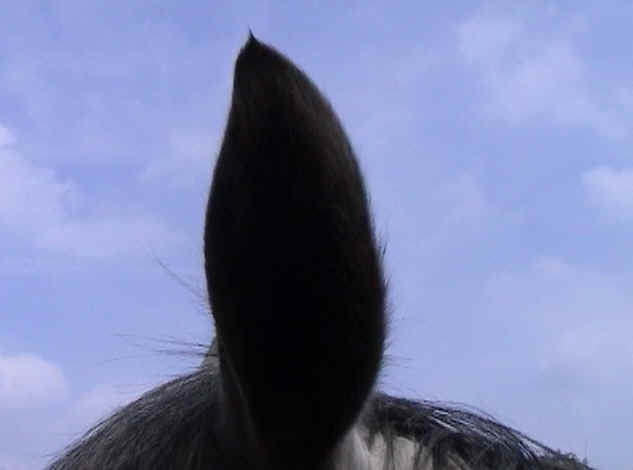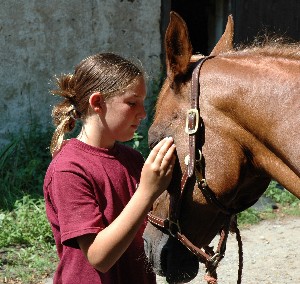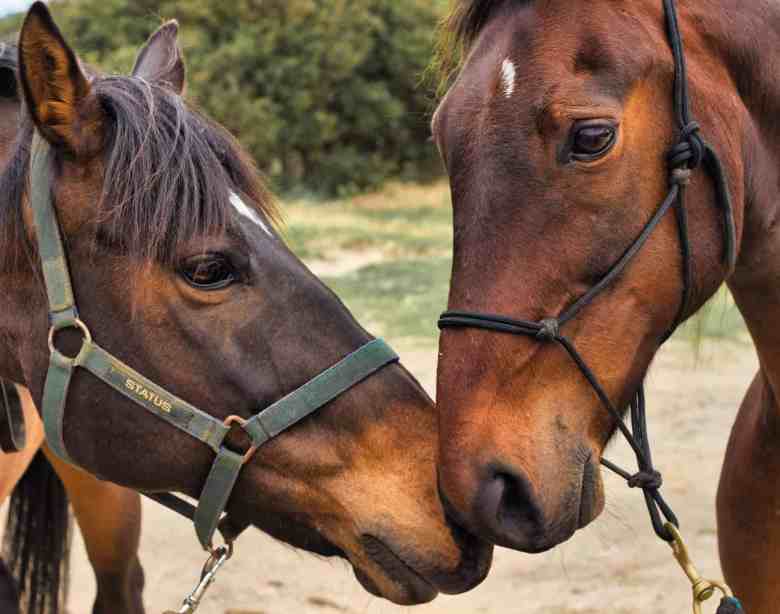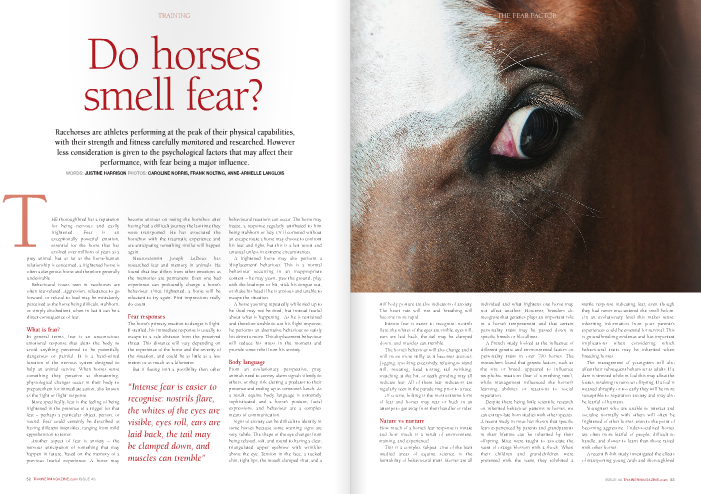The Horse’s Amazing Sense of Smell

Horses possess an extraordinary sense of smell that plays a crucial role in their survival, communication, and interaction with the environment. This sense is far more developed than many people realize, allowing horses to detect scents from great distances and interpret complex chemical signals.
How Horses Use Their Sense of Smell

- Communication: Horses use scent to recognize other horses, identify individuals, and understand social hierarchies.
- Safety: Detecting predators or unfamiliar animals through smell helps horses stay alert and safe.
- Reproduction: Mares and stallions use scent cues to identify reproductive status and readiness.
- Navigation: Horses can use scent trails to find their way or remember locations.
Anatomy of the Equine Olfactory System

| Feature | Description |
|---|
| Olfactory Epithelium | Specialized tissue inside the nasal cavity that detects odor molecules.
| Vomeronasal Organ | Also known as Jacobson’s organ, it detects pheromones and plays a role in social and reproductive behaviors.
| Nasal Passages | Large and complex, allowing for efficient airflow and scent detection.
Interesting Facts About Equine Smell
- Horses can detect odors up to several miles away under the right conditions.
- They have a highly developed vomeronasal organ, which humans lack.
- Horses often use a behavior called the Flehmen response, curling their upper lip to better analyze scents.
Frequently Asked Questions (FAQ)
Q1: How does a horse’s sense of smell compare to a dog’s?
A1: While dogs are generally considered to have the most acute sense of smell, horses have a highly sensitive olfactory system adapted for their specific needs, such as social communication and environmental awareness.
Q2: Can horses smell fear or emotions?
A2: Horses can detect chemical changes in sweat and pheromones that may indicate stress or fear, helping them respond appropriately.
Q3: Does a horse’s sense of smell decline with age?
A3: Like many animals, a horse’s olfactory sensitivity can diminish slightly as they age, but it generally remains quite effective throughout their life.
Summary
The horse’s sense of smell is a vital and sophisticated tool that supports their daily life and survival. Understanding this sense helps us appreciate these majestic animals even more and can improve how we care for and interact with them.
